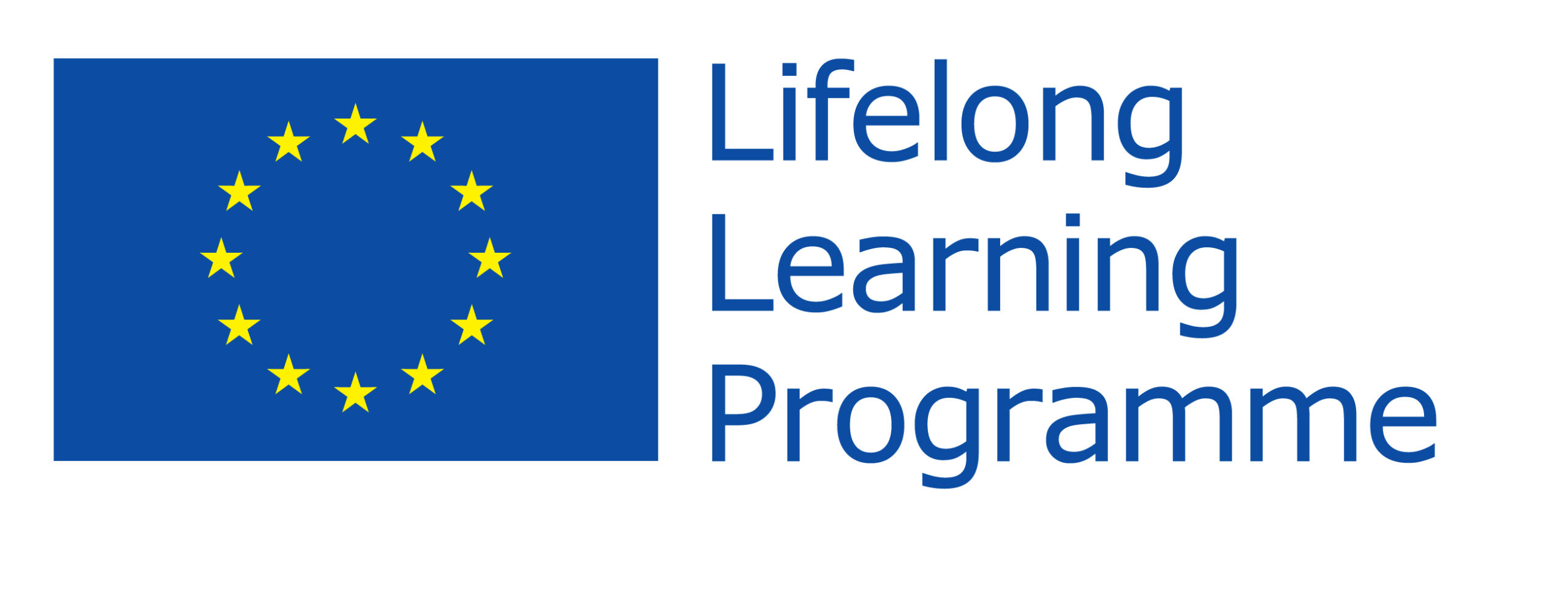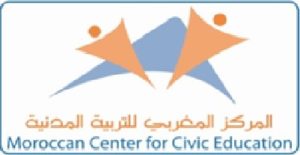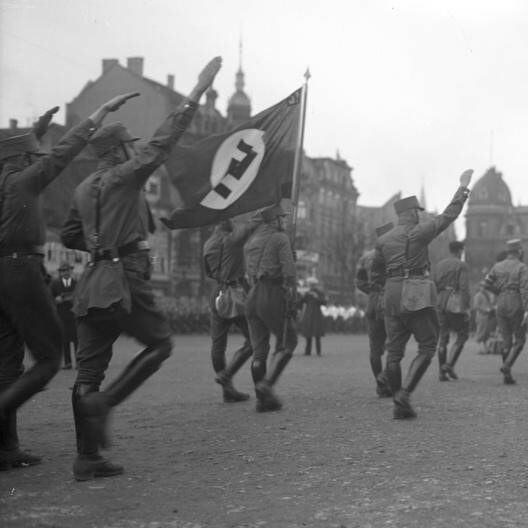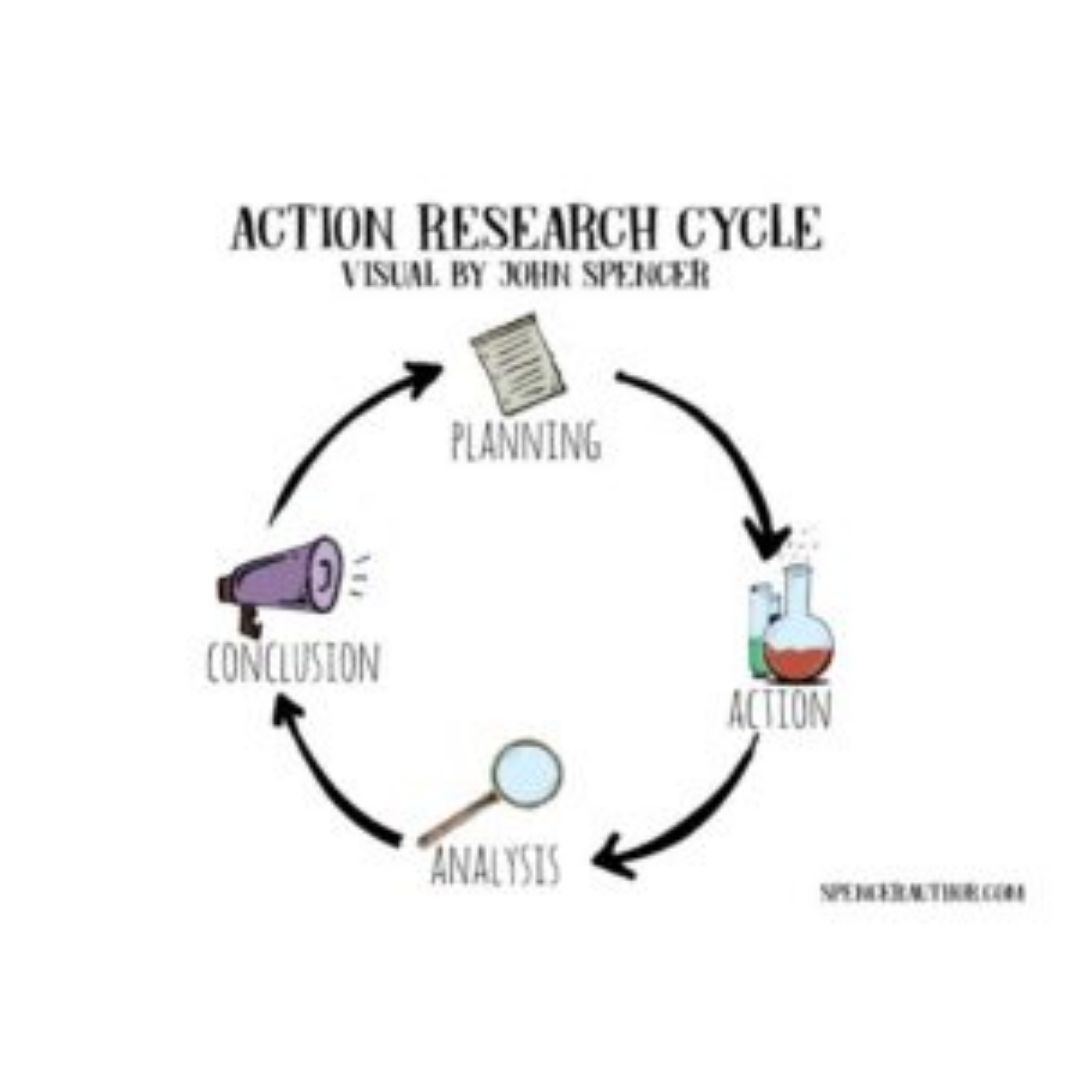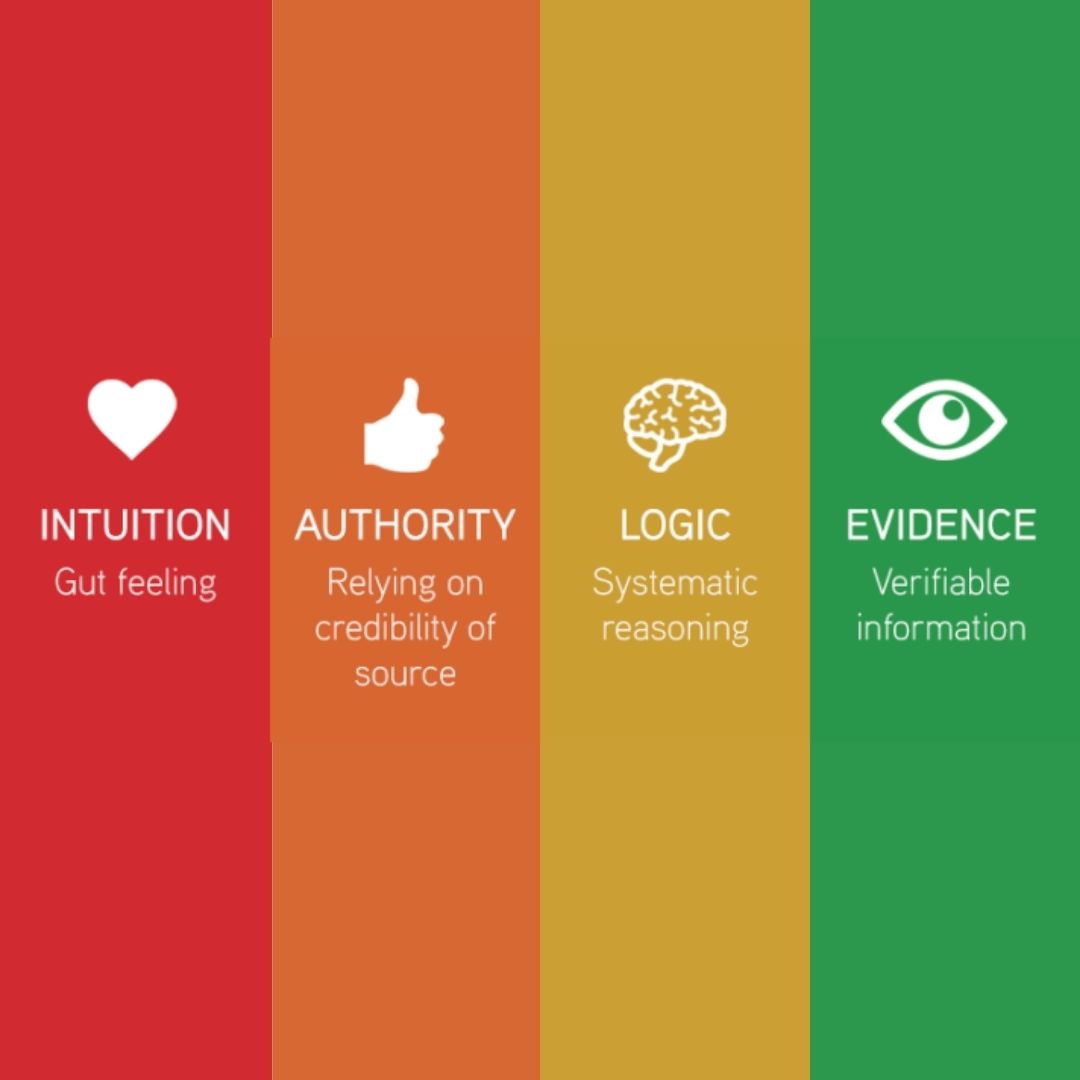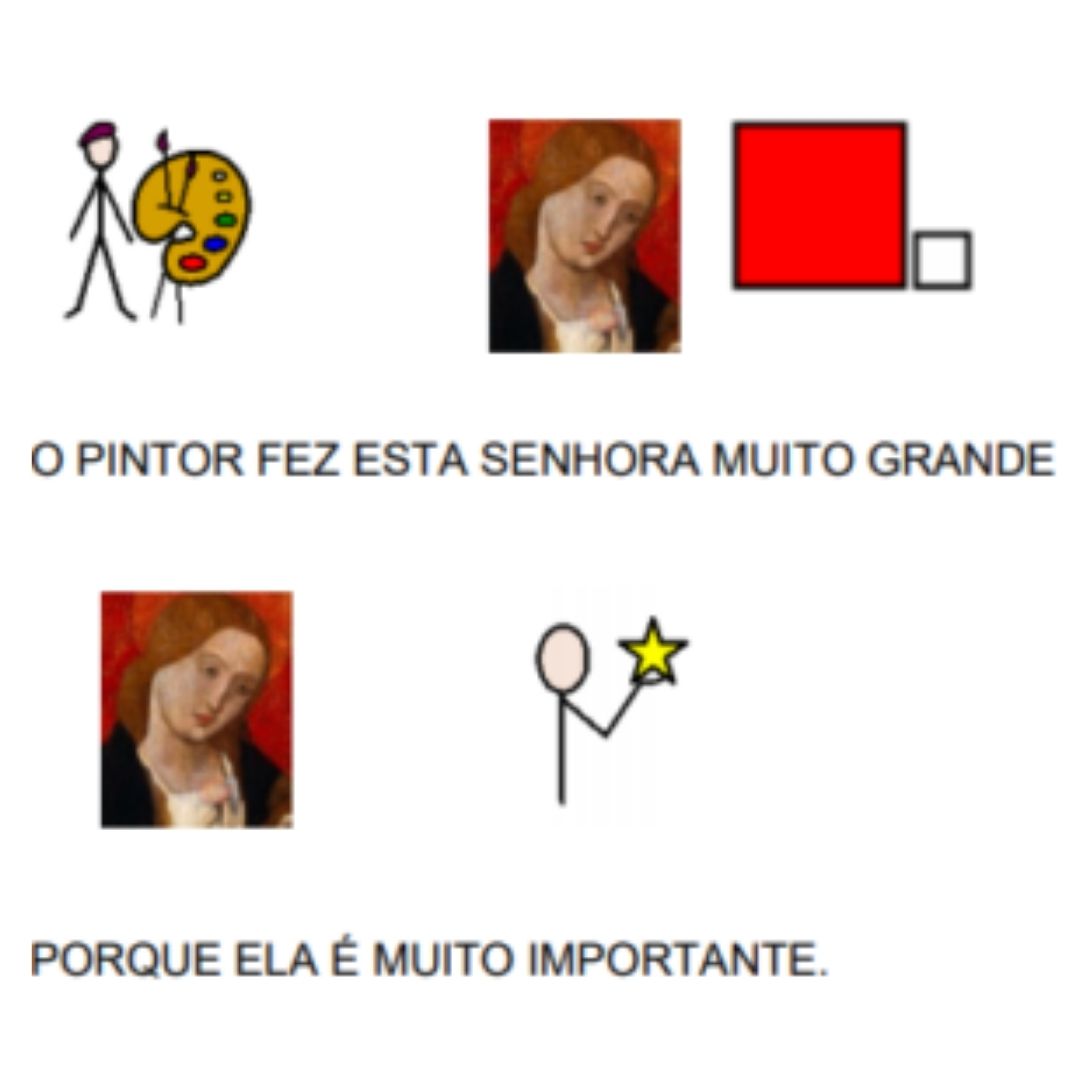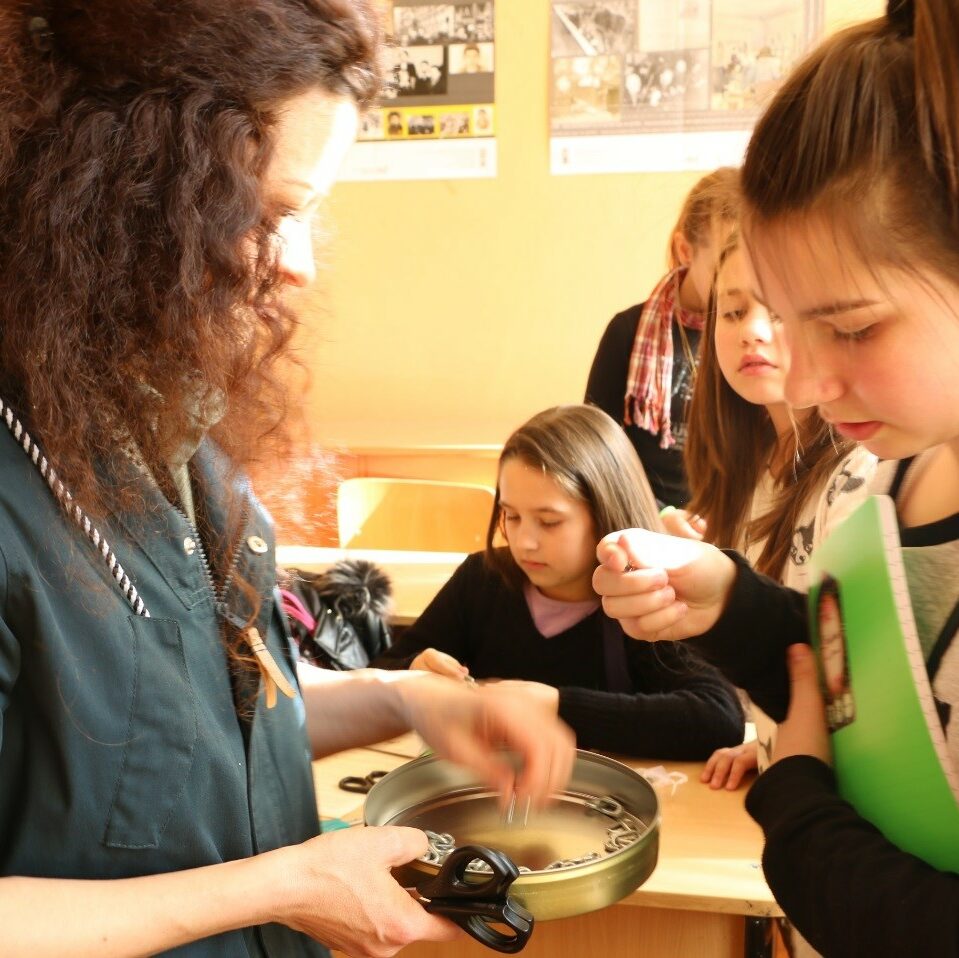Discovering Diversity is an educational project on the history of migrants in the Euro-Mediterranean area. The main objective is the development of a methodology that helps history and civic teachers to connect the individual history of students to the local and larger history of migration in the Euro-Med region. Discovering the different layers of community history will lead to the discovery of multiple facets of identity, empower communities, and give tools to history and civics educators to teach complex issues through a process of personal discovery and reflection. Within this project, six case studies were developed. They are called “Recent Migration from Morocco”, “Recent Migration to Denmark”, “Forced Migration of Germans from the Sudetenland in 1945”, “Nurses from Surinam coming to the Netherlands, in the 1950s”, “Caucasian Migration to Ottoman Empire in the 19th Century”, and “Moving to North America. Irish Migration in the 19th Century.”
Download the full Publication
To access the full publication, please click the Download button below:
This document includes the following chapters:
- Introduction
- Introductory Lesson
- Postcolonial Migration from North Africa
- Immigration to Denmark in Recent Times
- Forced migration of Germans from the Sudetenland
- Nurses from Surinam
- The Russian expulsion of Circassian peoples
- An Irish Exodus
- Oral History
Contributors
Project Coordinators: Mounir Dadi, Maria Kazamiaki.
Editor-in-Chief: Robert Stradling.
Editors: Floris Kolvenbach, Joke van der Leeuw-Roord, Dzintra Liepina, Robert Maier, Mire Mladenovski, Yosanna Vella.
Authors: Semih Aktekin, Benny Christensen, Annemarie Cottaar, Elma Hasimbegovic, Agnete Holt Anderson, Elarbi Imad, Marta Kucner, Sylvia Semmet, Ineke Veldhuis-Meester, Marina Zavacka.

Helping all student answer challenging questions about the causes of historical events and developments

Action Research: projects as active methods to develop civic skills

How do we decide what we believe? – Helping students learn how to question beliefs and test claims to become more (self) critical and evidence based in their thinking

Augmentative Communication: the creation of visual vocabularies as a support in the study of works of art

The Other, The Different, The Identical




